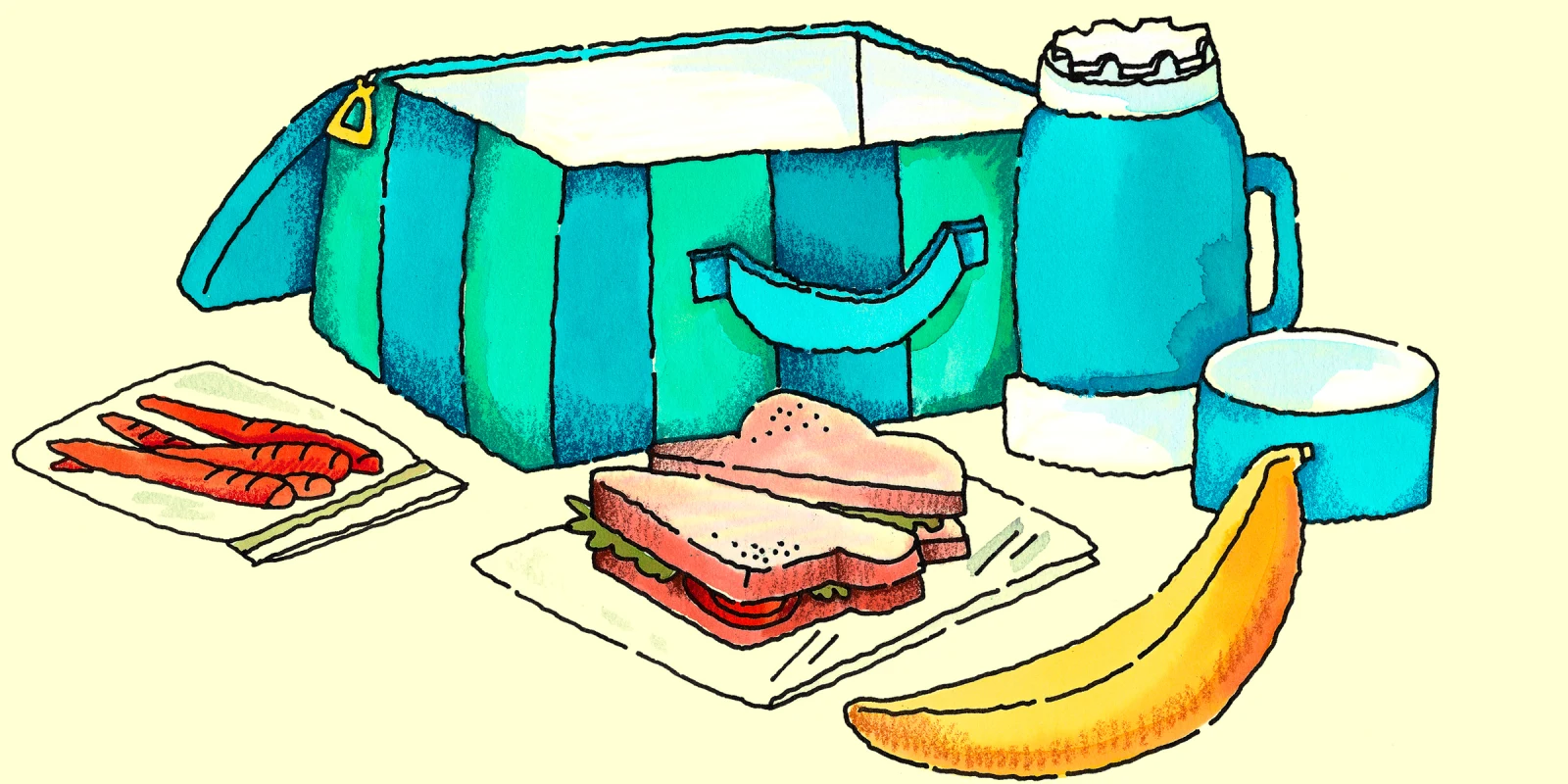My husband unpacks my lunch the same way my mother used to unpack my lunch after school. He deduces how my day went based on what items are eaten and which are left. The snacks, of course, are always gone. He regularly puts my untouched lunch back into the fridge for the next day, but my breakfast, I tell him proudly, I did finally eat around noon once the hunger finally kicked in. As a resident, I know I am hypocritical for those eating habits. My colleagues and I shake our heads if our patients admit to eating the same way we do. Still, something about entering a fluorescent building before sunrise, rounding through normal breakfast hours, and having stress alter our hunger cues makes it difficult to eat a well-balanced diet on a regular schedule. That’s what makes food an easy way to a resident’s heart.
This is where the saga of the hospital bananas begins.
If you’ve ever been into a physicians’ lounge, you will know what I mean. The good snacks are gone as soon as they are displayed, leaving graham crackers and condiments for the latecomers. When available, chips and sweets make for a satisfying reward after a busy morning, although the energy boost is transient at best. Of course, the other option is to grab some pale-appearing plastic-wrapped fruit that has been collecting dust in the corner. These items, the bananas in particular, are usually my item of choice — not because I want them — but because they are easy to eat, filling, and shelf-stable. I pocket them any time I see them. The problem is I rarely un-pocket them. They ripen, soften, and nearly rot in my lunch box. My husband laughs as he unpacks them. “Another banana?” he asks and then pulls out the recipe for banana bread. The cycle then restarts.
I notice this cycle repeats more often as my exhaustion sets in. I will prioritize sleep over almost everything, and my willpower to maintain my priorities grows weak. This not only affects myself and my personal life but also my interactions at work. My stomach grumbles as I pass in and out of patient encounters, and my hunger undercuts the extra time I would have spent learning about my patient’s grandchildren or admiring the photos of the furniture they restore. I grow impatient when paged for nursing questions that might have been less bothersome had I been better rested. Learning, which is normally a welcomed challenge, becomes a chore. All this together slowly unveils that I hunger for much more than just a snack.
At times, it might be easier not to collect fruit just to watch it brown on my desk. The good faith effort I make in one moment can easily become a source of anguish. The fading yellow signifies the effect burnout has on my ability to nourish myself and others. It hints that I am letting down myself, my patients, and my husband who dutifully wakes to pack my lunch every morning. It makes me question how I can care for my patients if I can’t even care for myself. Amid my exhaustion, it is almost easier to ignore those thoughts, let my fatigue persist, and use my day off for damage control.
Alternatively, I could do as my husband does: salvage the last of my optimism and see it through, even if the outcome looks different than I originally anticipated. You know, take the bananas and make banana bread.
So often, medicine takes more than it gives. The 80-hour work weeks, endless administrative work, and inability to please everyone can bruise our curiosity, our willfulness, and all the good qualities that make us ourselves. The effort to stay hopeful for a better tomorrow can often cause more pain than it feels worth. It can become tempting to give in to the cynicism that surrounds us, the type of mindset we swore we would never adopt when we started our careers. Yet, we show up daily with plans to prevent and treat disease for our patients and spearhead research to improve our medical practice. Inherent in those actions is our belief that tomorrow will arrive, that our adversity will have transformed us for better, and that maybe our rest will find us.
Through it all, and despite its cost, we maintain hope. We know our fatigue will always persist, our workload will always increase again, and our hunger will always return, but for ourselves and for our patients, may we continue to pack our lunch boxes fully and carry with them hope for a better day.
What's in your lunch box? Share in the comments.
Dr. Teresa Samson is a second-year internal medicine resident in San Antonio, TX. In her spare time, you'll find her sitting in the sunny corners of the hospital, FaceTiming with her family, and enjoying any excuse to be outdoors. You can follow her journey on Instagram at @residentdoctor_t. Dr. Samson is a 2023–2024 Doximity Op-Med Fellow.
Image by Shirley V. Beckes / Getty Images







